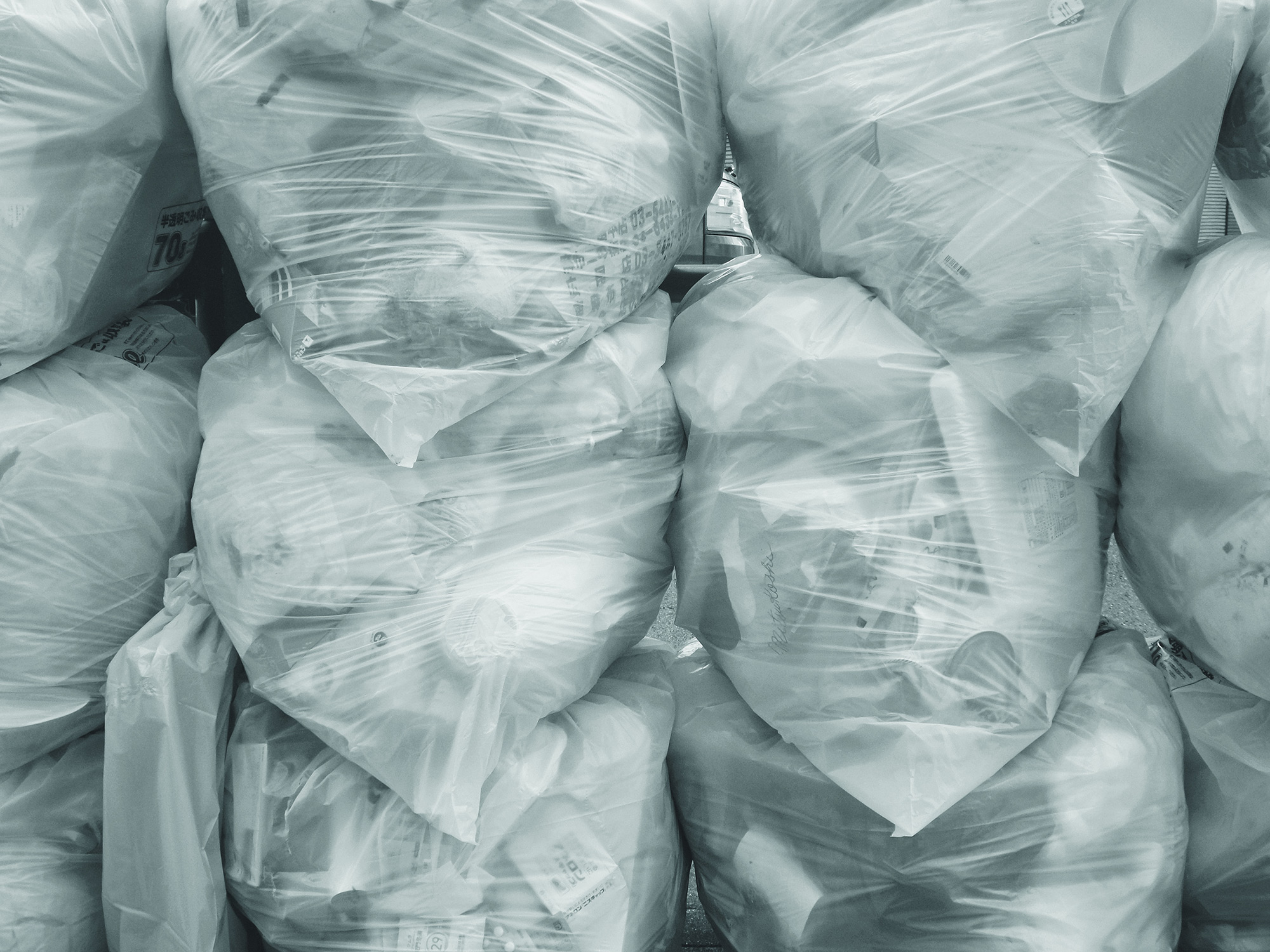Current Waste Management Practices in Canada
The current waste management practices in Canada vary depending on the region. In some areas, waste is collected and sent to landfills; in others, it is recycled. In many parts of the country, plastic garbage bags are widespread, and they are a common sight in homes and businesses. Despite efforts to promote recycling and reduce waste, Canada still has a long way to go. According to a Conference Board of Canada report, the country recycles only 9% of its plastic waste. The vast majority of plastic waste is in landfills, where it takes hundreds of years to decompose. The Canadian government has recognized the need for more sustainable waste management practices and has taken steps to address the issue. In addition to the phase-out of plastic garbage bags, the government has also introduced measures to reduce single-use plastic items such as straws, cutlery, and plates.
The Phase-Out of Plastic Garbage Bags
The phase-out of plastic garbage bags is a significant step towards more sustainable waste management practices in Canada. The phase-out began in 2020 in several parts of the country, including Montreal, Victoria, and Salmon Arm. Under the new regulations, businesses and individuals are encouraged to use alternatives to plastic garbage bags. The phase-out of plastic garbage bags is not a ban, but rather a gradual shift towards more sustainable options. Businesses and individuals are encouraged to use alternatives such as compostable, paper, and reusable bags. The goal of the phase-out is to reduce the amount of plastic waste that ends up in landfills and the environment. The phase-out has already made a noticeable impact in several parts of the country. In Montreal, for example, plastic garbage bags have decreased by 70% since the phase-out began. This reduction has led to a significant decrease in the amount of plastic waste that ends up in landfills.
Alternatives to Plastic Garbage Bags
One of the challenges of the phase-out of plastic garbage bags is finding sustainable and practical alternatives. Fortunately, there are several alternatives available that businesses and individuals can use. Compostable bags are an excellent alternative to plastic garbage bags. These bags are made from natural materials such as cornstarch and vegetable oil and are designed to break down quickly in composting facilities. Compostable bags are an eco-friendly option that can help reduce the amount of plastic waste that ends up in landfills. Paper bags are another option for businesses and individuals. These bags are biodegradable and can be recycled after use. While paper bags are not as durable as plastic bags, they are an eco-friendly option that can help reduce waste. Reusable bags are also an excellent alternative to plastic garbage bags. These bags can be used multiple times and are made from durable materials such as canvas or nylon. Reusable bags are an eco-friendly option that can help reduce waste and save money in the long run.
The Benefits of Phasing Out Plastic Garbage Bags
The phase-out of plastic garbage bags has several benefits for the environment and society. One of the most significant benefits is reducing plastic waste that ends up in landfills and the environment. Plastic waste takes hundreds of years to decompose, and as it does, it releases harmful chemicals into the soil, air, and water. Reducing plastic waste can help protect the environment and preserve natural resources. Another benefit of phasing out plastic garbage bags is the promotion of sustainable waste management practices. Compostable, paper, and reusable bags can help reduce waste and promote a circular economy. These practices can help create jobs and stimulate economic growth while reducing the impact of waste on the environment.
Challenges in Implementing the Phase-Out
The phase-out of plastic garbage bags is challenging. One of the biggest challenges is the need for more awareness and education about sustainable waste management practices. Many businesses and individuals are used to using plastic garbage bags and may need to be more familiar with the alternatives. Another challenge is the availability of alternatives. While compostable, paper, and reusable bags are available, they may not be as accessible or affordable as plastic bags. This can make it difficult for businesses and individuals to make the switch. The phase-out of plastic garbage bags also requires a significant shift in mindset and behaviour. Companies and individuals must be willing to adapt to new practices and prioritize the environment over convenience. This can be a challenging task, but it is necessary for the long-term sustainability of our planet.
The Role of Government in Waste Management
The role of government in waste management is crucial for promoting sustainable practices and reducing waste. The Canadian government has taken several steps to address the issue of plastic waste, including the phase-out of plastic garbage bags and the reduction of single-use plastic items. In addition to these measures, the government can also promote sustainable waste management practices through education and awareness campaigns. These campaigns can help businesses and individuals understand the impact of waste on the environment and the benefits of sustainable practices. The government can also incentivize businesses and individuals to adopt sustainable practices. For example, tax breaks or subsidies can be offered to businesses that use compostable bags or other sustainable options. These measures can help reduce the cost of sustainable practices and encourage businesses and individuals to make the switch.
Actions Individuals Can Take to Reduce Plastic Waste
Individuals can also take steps to reduce plastic waste and promote sustainable practices. One of the most effective ways to reduce plastic waste is to use reusable bags. By using reusable bags, individuals can reduce the amount of plastic waste in landfills and the environment. Another way to reduce plastic waste is to avoid single-use plastic items such as straws, cutlery, and plates. Instead, individuals can use reusable alternatives such as metal straws, bamboo cutlery, and ceramic plates. Individuals can also recycle and compost to reduce waste. Recycling can help reduce the amount of waste in landfills, while composting can help create nutrient-rich soil for plants. By taking these steps, individuals can help promote sustainable practices and reduce the impact of waste on the environment.
Conclusion and Future Outlook for Waste Management in Canada
The phase-out of plastic garbage bags is a significant step forward for waste management in Canada. This move towards more sustainable practices is already making a noticeable impact across the country, and it is a sign of a new era of environmental responsibility. While there are still challenges to overcome, such as education and accessibility of alternatives, the future of waste management in Canada looks promising. With the help of government, businesses, and individuals, we can continue to reduce waste, promote sustainable practices, and protect the environment for generations to come.
You can find a vast selection of eco-friendly and biodegradable cleaning items at Genesis Supplies. We are well-known suppliers in North America, providing an array of sustainable cleaning product brands from the US and Canada. Whatever you need for a restaurant, hotel, or office, we have it. We guarantee that you will find the right biodegradable products for your requirements. Visit us today to get the highest quality green cleaning supplies!



